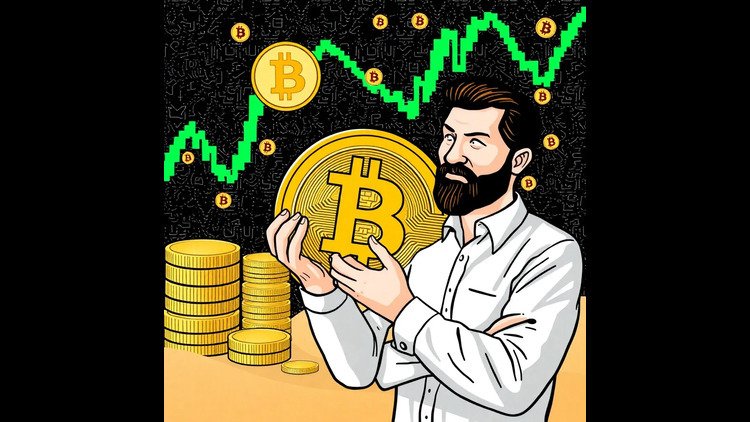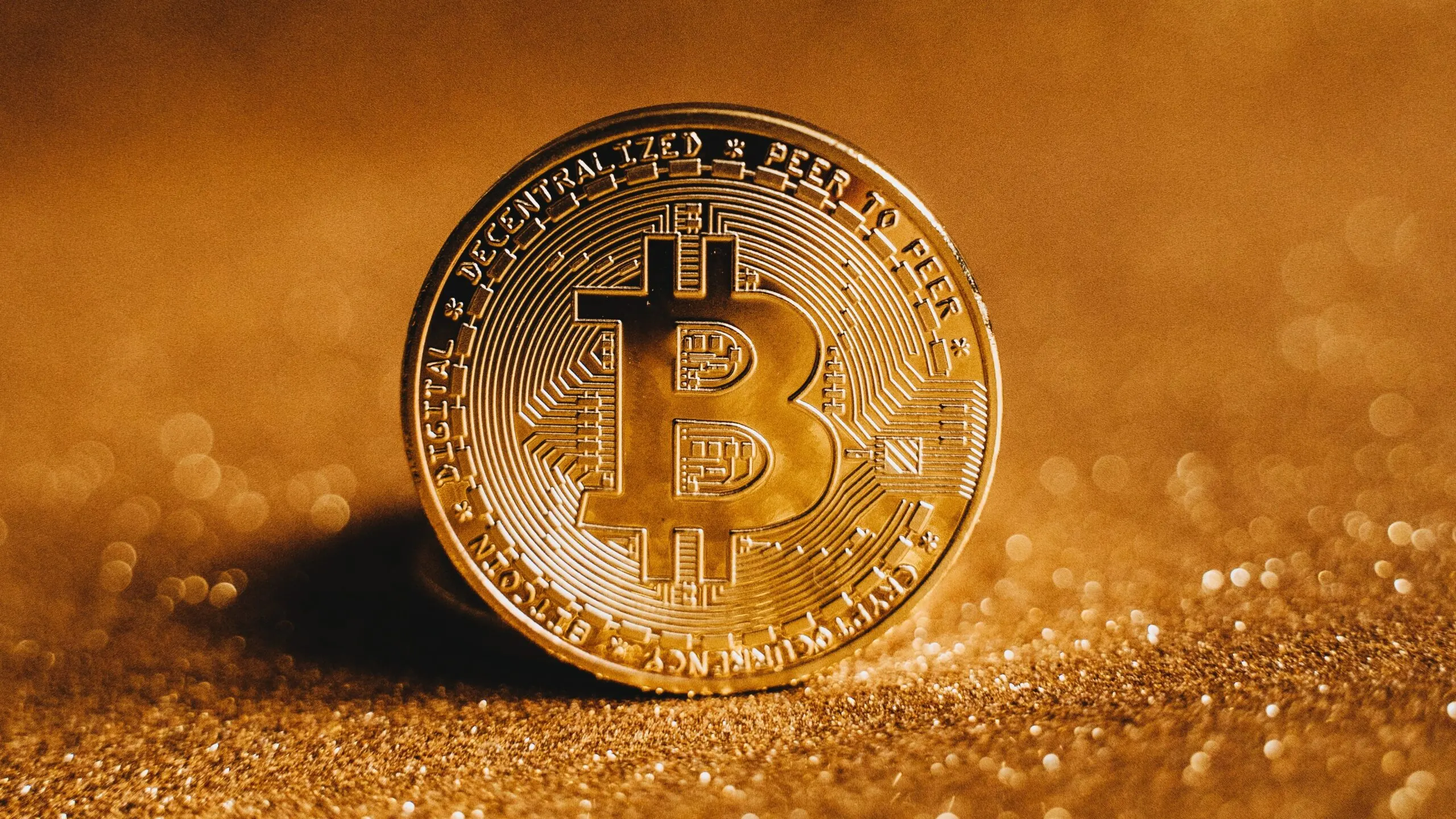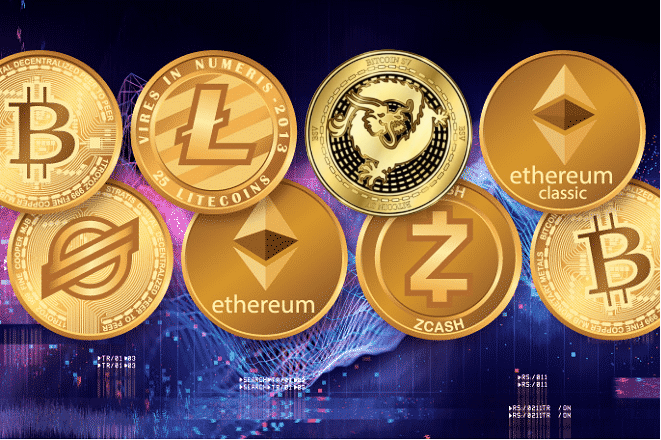Understanding the Source of Demand as Bitcoin Surpasses $82K Insights from Van Straten
Explore the dynamic world of Bitcoin as it surpasses the $82,000 mark, driven by a confluence of factors that are reshaping the cryptocurrency landscape.

As Bitcoin surpasses the $82,000 mark, market analysts are closely examining the factors driving this surge in demand. According to Van Straten, several key elements contribute to this remarkable increase.
Firstly, institutional interest in Bitcoin continues to grow, with more companies and investment funds recognizing its potential as a store of value and a hedge against inflation. This influx of institutional capital is a significant driver behind the current price rally. Notable investments from prominent firms and the introduction of Bitcoin exchange-traded funds (ETFs) have also solidified Bitcoin's legitimacy in the financial ecosystem.
Additionally, the ongoing advancements in blockchain technology and increasing acceptance of cryptocurrencies in mainstream finance are fostering a more favorable environment for Bitcoin. Major payment processors are now integrating Bitcoin into their platforms, allowing consumers to transact with cryptocurrencies more easily. This growing infrastructure enhances Bitcoin's usability and appeal, attracting a broader audience.
The heightened awareness and adoption among retail investors also play a crucial role in boosting demand. As more individuals become educated about the potential benefits of cryptocurrency, they are increasingly inclined to invest in Bitcoin. Social media and online communities have amplified this trend, with many new investors seeking to capitalize on the asset’s upward trajectory.
Moreover, macroeconomic factors, such as concerns over traditional currency stability and inflation rates, are prompting more individuals to consider Bitcoin as a viable alternative investment. The economic uncertainties stemming from global events and monetary policy changes have led many to view Bitcoin as "digital gold," providing a hedge against potential financial instability.
Geopolitical factors also contribute to Bitcoin's appeal. In regions experiencing economic turmoil or restrictive monetary policies, cryptocurrencies offer an alternative means of preserving wealth. This trend is particularly evident in countries facing hyperinflation or stringent capital controls, where citizens turn to Bitcoin to safeguard their assets.
Finally, the ongoing dialogue around regulatory frameworks is shaping the future of Bitcoin. While some regulations may initially create uncertainty, a clearer regulatory landscape can enhance investor confidence and encourage further participation in the market. As governments around the world establish guidelines for cryptocurrency, many investors are optimistic that this will lead to greater stability and legitimacy for Bitcoin.
as Bitcoin reaches new heights, understanding the multifaceted sources of demand will be essential for investors navigating this dynamic landscape. With institutional adoption, technological advancements, macroeconomic considerations, and regulatory developments all playing significant roles, the future of Bitcoin remains a topic of keen interest and speculation.
FAQ:
1. What is Bitcoin?
Bitcoin is a decentralized digital currency that enables peer-to-peer transactions over the internet. It operates on blockchain technology, which ensures transparency and security without the need for a central authority.
2. Why has Bitcoin recently surpassed $82,000?
The surge in Bitcoin's price can be attributed to increased institutional investment, heightened retail interest, advancements in blockchain technology, and macroeconomic factors such as inflation concerns and geopolitical instability.
3. Who are the major institutional investors in Bitcoin?
Institutional investors include hedge funds, publicly traded companies, and investment firms. Notable examples are Tesla, MicroStrategy, and Square, all of which have made significant investments in Bitcoin.
4. How does inflation impact Bitcoin's demand?
Many investors view Bitcoin as a hedge against inflation, similar to gold. As traditional currencies lose purchasing power due to inflation, individuals may turn to Bitcoin to preserve their wealth.
5. What role do payment processors play in Bitcoin's adoption?
Payment processors like PayPal and Square have integrated Bitcoin into their platforms, allowing users to buy, sell, and spend Bitcoin easily. This increased accessibility encourages more people to engage with cryptocurrencies.
6. Are there risks associated with investing in Bitcoin?
Yes, investing in Bitcoin carries risks, including price volatility, regulatory uncertainty, and the potential for cybersecurity threats. Investors should conduct thorough research and consider their risk tolerance before investing.
7. How do geopolitical factors influence Bitcoin's popularity?
In countries facing economic instability, hyperinflation, or restrictive monetary policies, citizens may turn to Bitcoin as a means of preserving their wealth and accessing global markets. This trend can drive demand for Bitcoin in those regions.
8. What is the significance of regulatory developments for Bitcoin?
Clear regulatory frameworks can enhance investor confidence and attract institutional capital. While some regulations may create initial uncertainty, a well-defined legal landscape can lead to greater market stability and legitimacy for Bitcoin.
9. How can I start investing in Bitcoin?
To invest in Bitcoin, you can create an account on a cryptocurrency exchange, such as Coinbase, Binance, or Kraken. After verifying your identity, you can buy Bitcoin using fiat currency or other cryptocurrencies.
10. Where can I find more information about Bitcoin and cryptocurrency?
There are numerous resources available, including cryptocurrency news websites, educational platforms, and online communities. It's essential to stay informed and rely on reputable sources to understand the evolving landscape of Bitcoin and cryptocurrency.
What's Your Reaction?
















